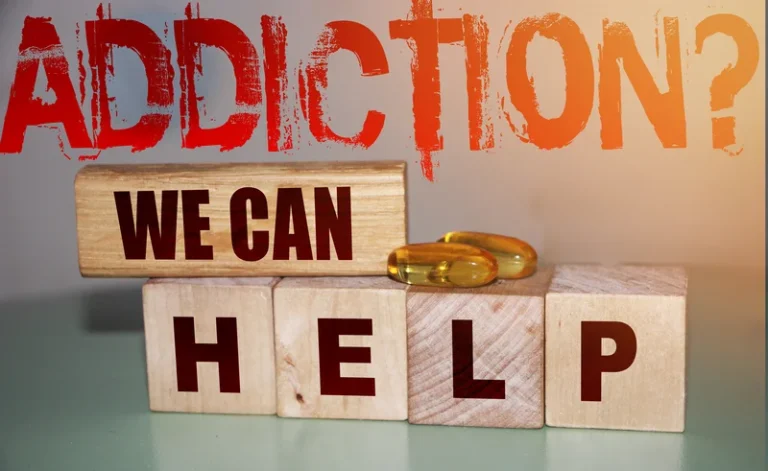
The idea of vulnerable versus grandiose narcissism comes from the psychodynamic idea that people with narcissistic traits believe they need to be perfect to be okay. According to the National Institute of Mental Health, 22.6% of people with a personality disorder may also have a substance misuse disorder. The prefrontal cortex, a region essential for decision-making, self-control, and emotional regulation, is particularly vulnerable to the effects of chronic alcohol use. Prolonged drinking can lead to significant damage in this area, impairing the brain’s ability to evaluate consequences or resist cravings.
- Similarly, people with dual diagnosis can manage their symptoms with appropriate treatment.
- It may lead to increased grandiosity, impaired judgment, and an inflated sense of self-importance.
- A trained mental health professional is usually able to diagnose personality disorders using standardized psychiatric interview methods.
- They may become easily irritated when their demands are not met or when faced with criticism.
- While there are no statistics on the percentage of narcissists who are alcoholics, experts believe there is a link between the two conditions.
Alcohol Abuse and Dependence
Narcissistic individuals often struggle with feelings of insecurity, low self-esteem, and difficulty regulating their emotions. Alcohol can provide temporary relief from these emotional challenges, leading to the development of alcohol dependence or addiction. When examining the relationship between narcissism and alcoholism, it becomes evident that there is a significant connection between these two conditions. This section will explore the co-occurrence of narcissism and alcoholism and highlight some of the common traits and narcissism and alcoholism behaviors observed in individuals with both conditions. Lastly, don’t be afraid to set boundaries and find support in family and friends.
Overlapping signs and symptoms

It’s a relationship that’s as fascinating as it is troubling, revealing the depths of human psychology and the fragility of the human psyche. Dry-drunk individuals may also exhibit narcissistic behaviors as they struggle to cope with unresolved emotional issues and challenges. The National Institute of Mental Health asserts that 22.6% of people suffering from a personality disorder may also have substance misuse problems. Are you in a relationship with someone who puts themself and their drinking before others? It can be hard to hold a connection with someone who appears to only think about themselves.
Shared Risk Factors and Vulnerabilities

These include environmental factors, social factors, and emotional factors. A 2020 review of research on narcissism and substance use disorders concludes that low self-esteem that requires external validation from others can increase the risk of substance use disorders. A 2019 study involving young adults with vulnerable narcissism found that the disorder can cause overwhelming feelings of shame in the individual. The person then seeks out alcohol or substances to mediate these feelings, leading to more feelings of shame, and so on. Both grandiose narcissism and vulnerable narcissism show a strong link to substance use disorders. A 2019 article in Frontiers in Psychiatry looks at the relationship between the problematic use of substances and narcissism, concluding that self-esteem plays a major role.
- While not all individuals with narcissistic traits develop alcoholism, research suggests a significant association between the two.
- Similarly, many people who misuse alcohol might display very few signs of narcissism.
- Alcoholism, also known as Alcohol Use Disorder (AUD), is a chronic disease characterized by an inability to control alcohol consumption despite adverse consequences.
- Integrated treatment approaches show promise for addressing both narcissistic traits and problematic alcohol use.
You might also consider seeing a therapist who can provide you with coping tools and a means to sort out your feelings. This is especially true if you have conflicted emotions and are reluctant to speak with others who might judge you or your relationship. Reach out to loved ones you trust who can walk with you through the recovery journal. One example is being referred to Alcoholics Anonymous (AA) on the presumption of AUD.
Conditions

NPD is characterized by an inflated sense of self-importance, a constant need for admiration, and a lack of empathy for others. AUD, on the other hand, is a chronic disorder characterized by the compulsive and harmful consumption of alcohol. To comprehend the relationship between narcissism and alcoholism, it is crucial to have a comprehensive understanding of narcissism itself.
How to Break the Cycle
Understanding these dynamics is essential for providing support and seeking appropriate help. People who think that they may have an addiction or a personality disorder should consult a doctor or mental health professional for advice and treatment. This study concluded that people with grandiose narcissism are more able to evaluate and recognize their problems with alcohol than people with vulnerable narcissism. People in the latter group are less able to recognize that they have a problem and are, therefore, less likely to be ready to change their behaviors.

No responses yet